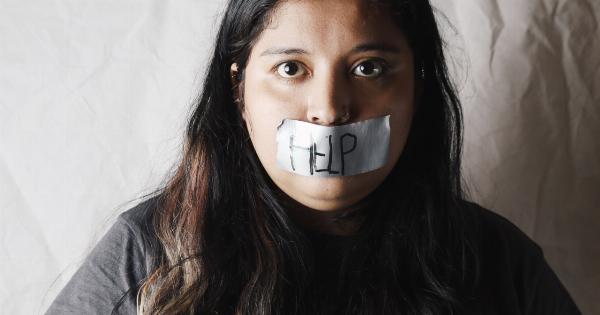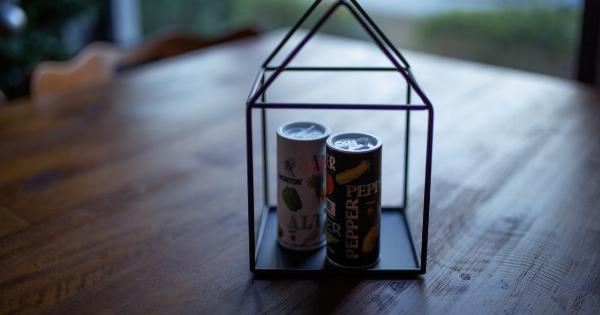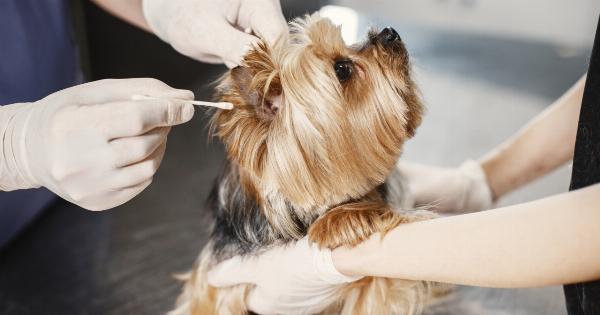Hearing loss is a common condition that affects millions of people worldwide. It can have a significant impact on one’s quality of life, making it difficult to communicate, enjoy social activities, and even perform daily tasks.
The good news is that many cases of hearing loss can be prevented with proper knowledge and proactive measures. In this article, we will explore some essential tips for hearing loss prevention that everyone should know.
Understanding Hearing Loss
Hearing loss occurs when there is a decrease in the ability to perceive sounds. It can be temporary or permanent, partial or complete, and can affect one or both ears.
There are multiple causes of hearing loss, including age-related changes, exposure to loud noises, certain medications, genetics, and underlying medical conditions. While some factors contributing to hearing loss may be beyond our control, there are many ways to reduce the risk and protect our hearing.
1. Avoid Exposure to Loud Noises
One of the leading causes of hearing loss is prolonged exposure to loud noises. Whether it’s at work, during recreational activities, or at concerts, being around loud sounds for an extended period can damage the sensitive structures in our ears.
To prevent hearing loss, it’s important to limit our exposure to loud noises or use ear protection such as earmuffs or earplugs when necessary.
2. Turn Down the Volume
Listening to music, watching television, or using headphones at high volumes can also contribute to hearing loss over time.
To protect our hearing, it’s crucial to lower the volume to a safe level and take regular breaks from wearing headphones or earbuds. Additionally, choosing noise-canceling headphones can help block out external noises, allowing us to listen at a lower, safer volume.
3. Keep Earphones and Headphones Clean
Regularly cleaning our earphones and headphones is essential for maintaining good ear hygiene and preventing potential hearing problems.
The accumulation of dirt, sweat, or wax on the earbuds or ear cushions can interfere with the sound quality, leading us to crank up the volume to compensate. By keeping our audio devices clean, we can avoid unnecessary hearing damage.
4. Be Cautious with Medications
Some medications, including certain antibiotics and chemotherapy drugs, can have ototoxic effects, which means they can harm the ears and cause hearing loss.
If you are taking medications known to be ototoxic, it’s important to discuss potential side effects with your healthcare provider. They may be able to adjust the dosage or recommend alternative options to minimize the risk of hearing loss.
5. Protect Your Ears During Recreational Activities
Engaging in recreational activities such as sports or motorcycling can expose our ears to loud noises and increase the risk of hearing damage. Wearing appropriate hearing protection, such as earplugs or earmuffs, can significantly reduce this risk.
Custom earplugs are also available and provide a comfortable and tailored fit for optimal protection.
6. Be Mindful of Workplace Noise
Certain occupations, such as construction workers, factory workers, or musicians, involve regular exposure to high levels of noise. Employers should provide hearing protection and create a safe work environment that minimizes noise exposure.
If you work in a noisy environment, make sure to follow safety protocols and wear the provided hearing protection consistently.
7. Take Breaks from Noisy Environments
While it may not always be possible to avoid noisy environments, taking regular breaks can help give your ears a rest and reduce the risk of hearing damage.
If you’re attending a concert or a loud event, step outside or find a quieter area periodically to give your ears a chance to recover.
8. Stay Updated on Hearing Health
Keeping yourself informed about the latest advancements and research in hearing health is crucial for early prevention and intervention.
Regularly visiting an audiologist or hearing healthcare professional for check-ups can help identify any potential hearing problems and ensure that appropriate steps are taken to protect your hearing.
9. Educate Others
Hearing loss prevention is not just about protecting your hearing but also spreading awareness to others.
By educating friends, family, and colleagues about the importance of hearing protection and how to prevent hearing loss, you can contribute to creating a safer and more inclusive environment for everyone.
10. Get Your Hearing Checked
Regular hearing screenings are essential, even if you haven’t noticed any signs of hearing loss.
Early detection of hearing problems can make a significant difference in preventing further deterioration and allows for timely intervention and treatment if necessary. Make it a habit to schedule a hearing check-up with a professional audiologist to ensure your hearing health.
In Conclusion
Hearing loss is a pervasive condition that can significantly impact our lives. By following these preventive measures and incorporating them into our daily routines, we can reduce the risk of hearing loss and preserve our hearing for years to come.
Remember, prevention is always better than cure when it comes to hearing health. Take action today and protect your precious sense of hearing!.




























